Nothing can kill a sugar or caffeine buzz quicker than a sales tax audit notice, right? Not so fast! The worst thing you can do is panic or allow a sales and use tax audit notice to color your day. You’ve got this!!…You do! Take a deep breath and DO NOT PANIC!
An audit notice means that someone is going to review your books to make sure sales tax was collected and paid, along with the payment of use tax, in accordance with applicable rules. When you receive a notice, what is the best use of your time? Here are my top four suggestions:
Things You Should Do First
- Gather and review all exemption, resale, and direct payment exemption certificates. If you have not charged sales tax because a client issued one of the named certificates, review those certificates and make sure they are valid. If there is an item of information that has not been provided, secure it. If a client promised a certificate and has not yet issued it, get it right now. Make sure that you have the documents to support the tax treatment of all sales. Start with the documents that support the largest value transactions and work your way down.
- Gather sales tax returns and all supporting documentation. Before the auditor starts field work, do your best to have a trail of all the data you used to compile all sales and use tax returns in the audit period. The taxing authority knows every number you reported on your sales return. What they don’t know is how you got those numbers. Get all the support for why and how you compiled the sales and use tax returns ready for review. For extra points, reconcile your sales tax return numbers to your federal income tax return numbers and be ready to explain any reconciling items. No auditor misses that particular trick!
- Gather the data requested by the state taxing authority. The state taxing authority will list the documents to be reviewed during the audit. Start gathering that data. The auditor will identify information of interest and let you know when more information is needed. Wait for those audit requests. Don’t spend a lot of time gathering information that the auditor does not request. And do not share data that has not been requested.
Auditors will give you time to gather data but they have deadlines too. If you take too long to respond or present information, you won’t benefit from it. An estimated deficiency (that has no basis in reality) can be levied against you. You will then be required to present all the data that was originally requested to refute the estimate. In addition, you probably won’t get the benefit of any doubt or waiver of penalty because you were not cooperative.
Hire a Sales Tax Consultant or Handle it In-House?
Decide if you are going to (1) address the audit in-house, (2) address the audit in-house and hire a representative if the audit deficiency is too high, or (3) hire a third party representative to represent you from start to finish. How you address the audit is a business decision. There are pros and cons to each approach.
I hate to say it but there are times when the audit process is like going to an airport. It’s a lot of “hurry up!…and wait” . Don’t expect the audit to be done quickly. The time it takes to complete an audit varies wildly. But do take comfort in the fact that no one is out to “get you.” Participate in your audit, present documents, ask questions, have an open mind (or have someone do it on your behalf). If there are no major errors, you should be fine.

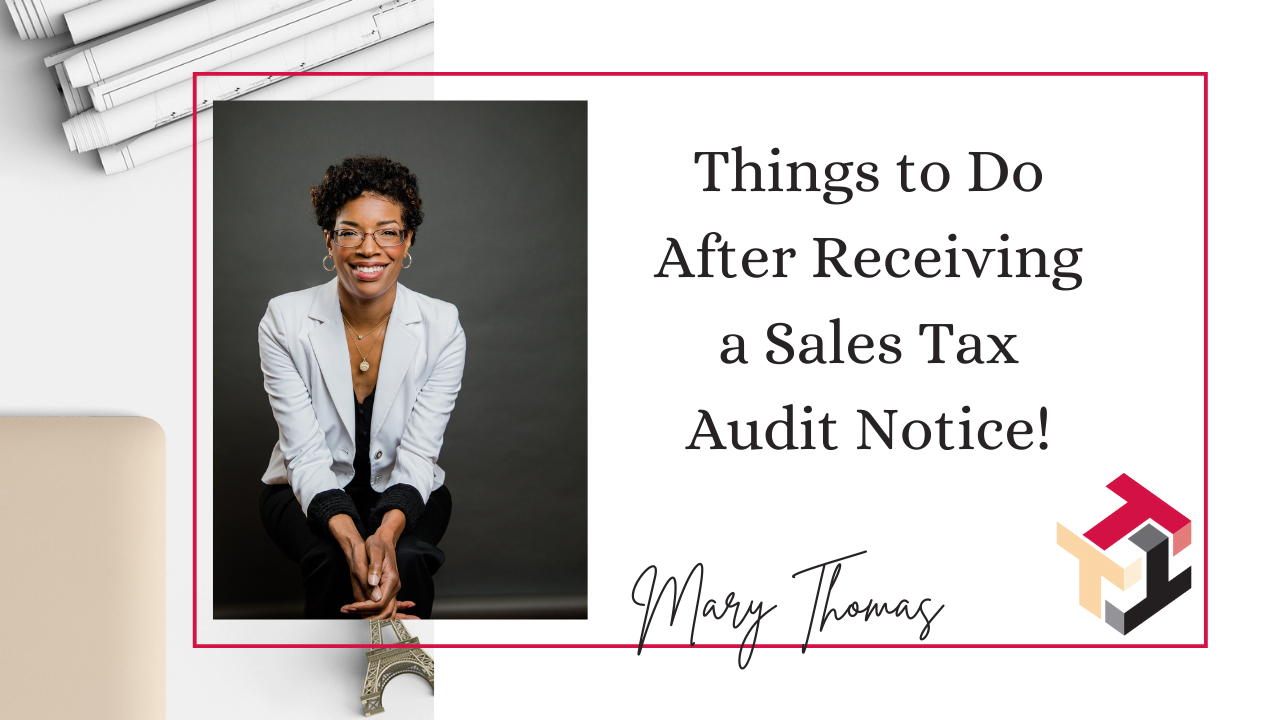
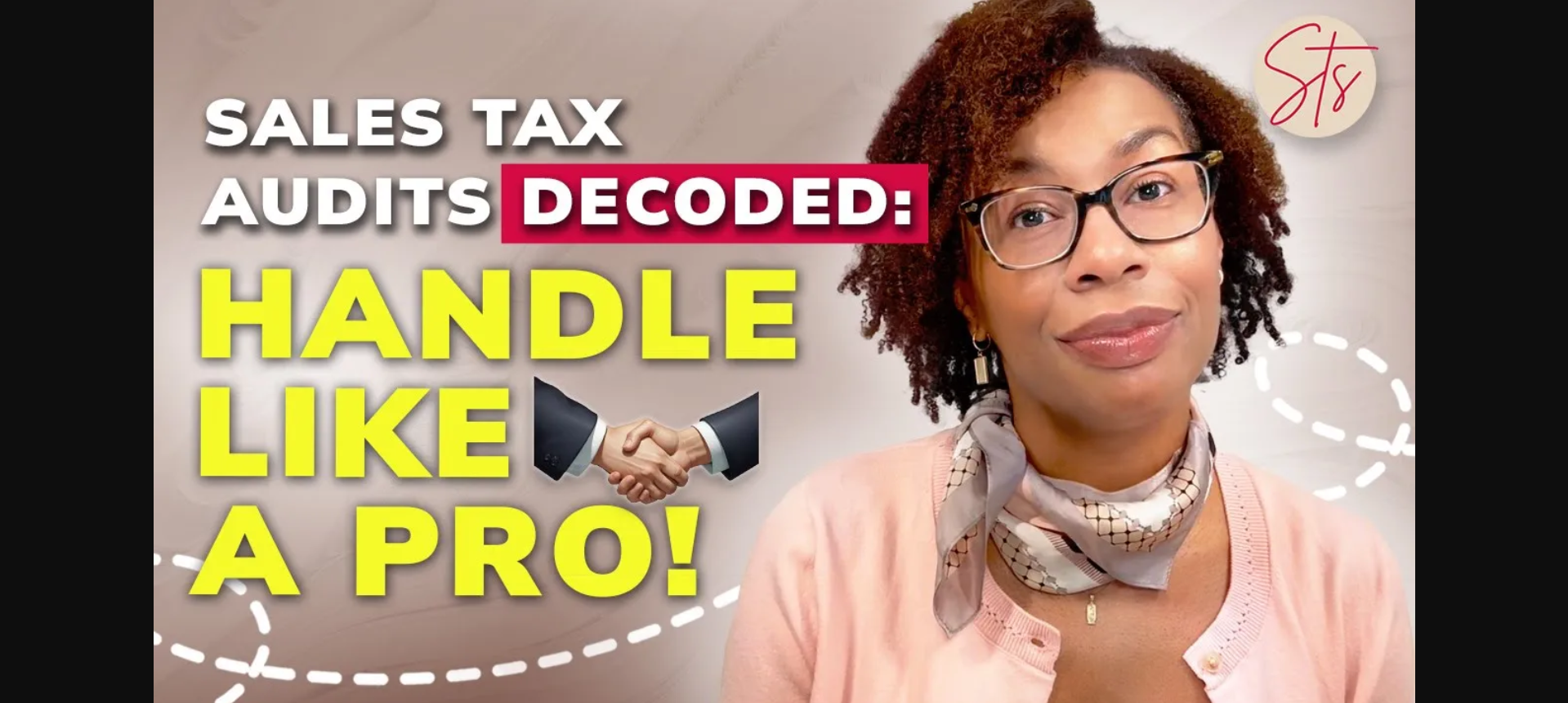
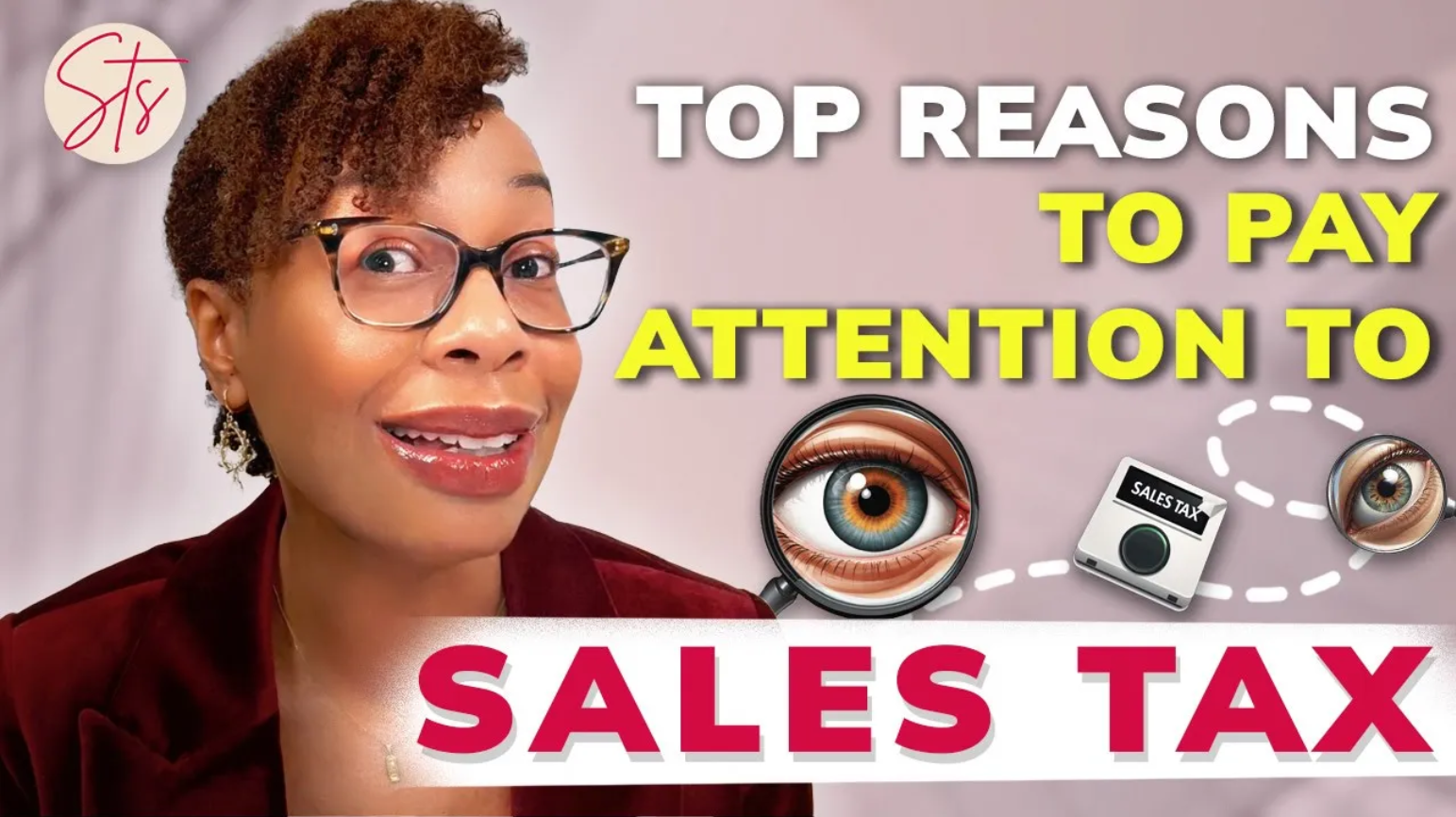
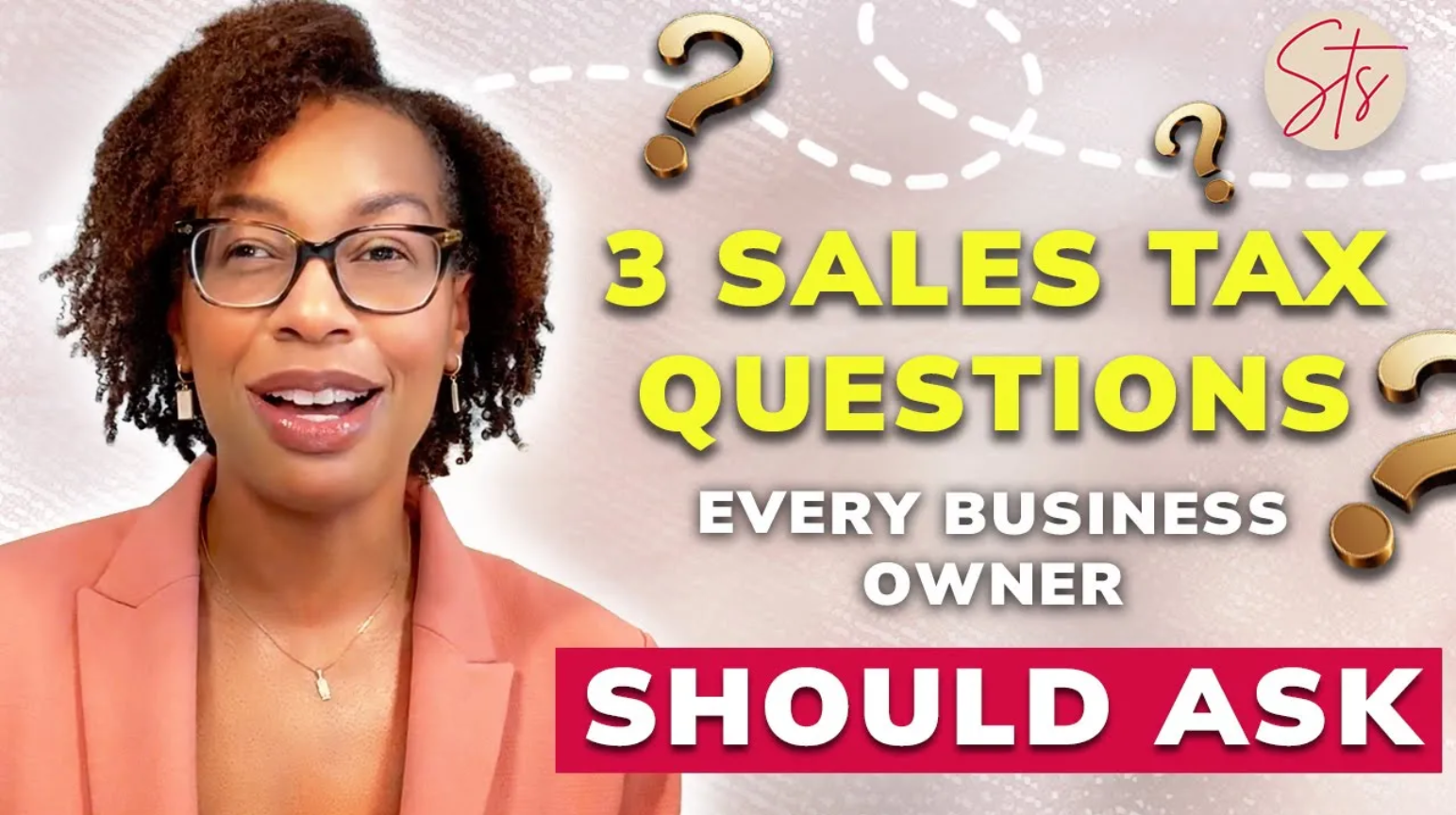
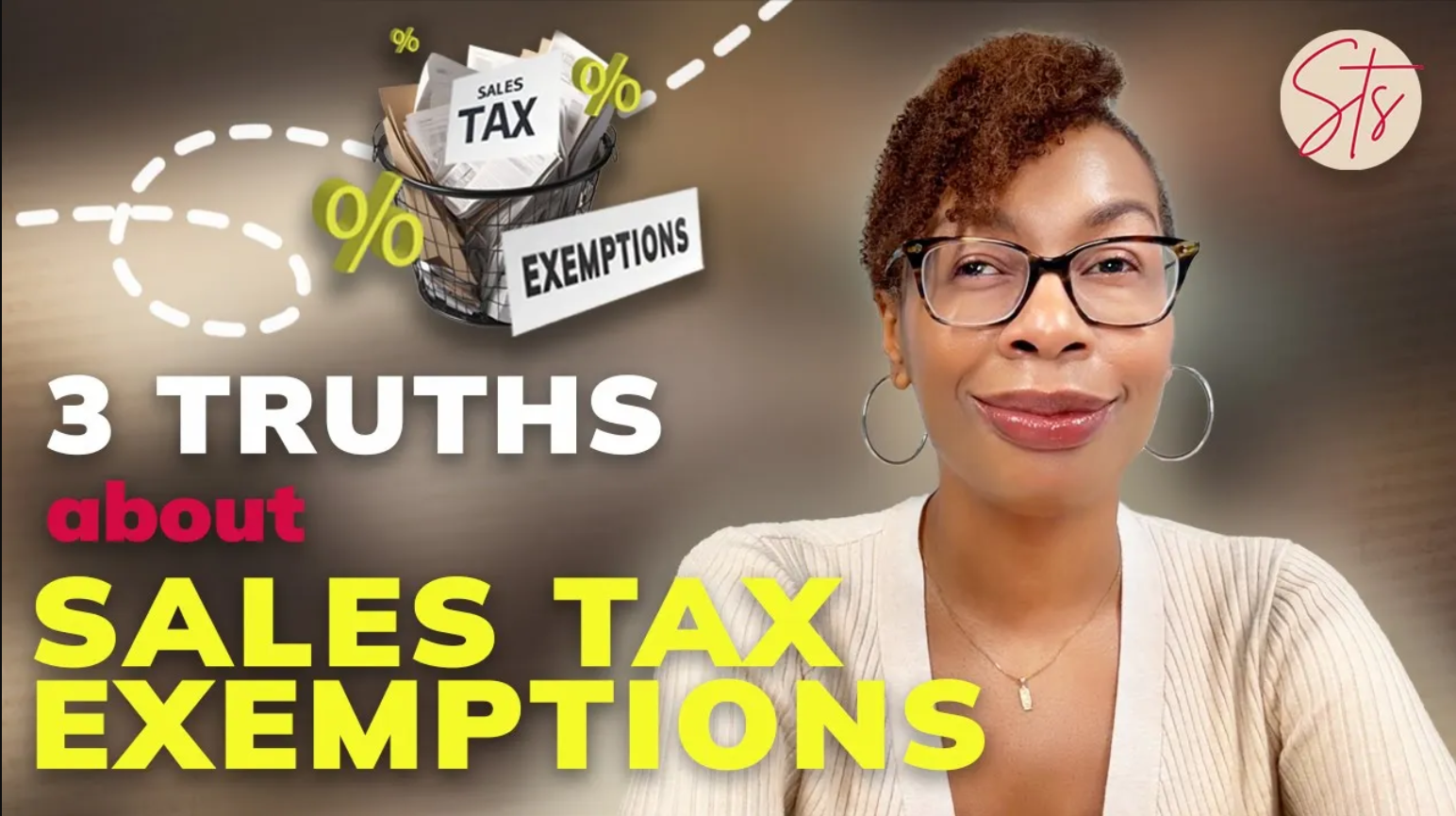
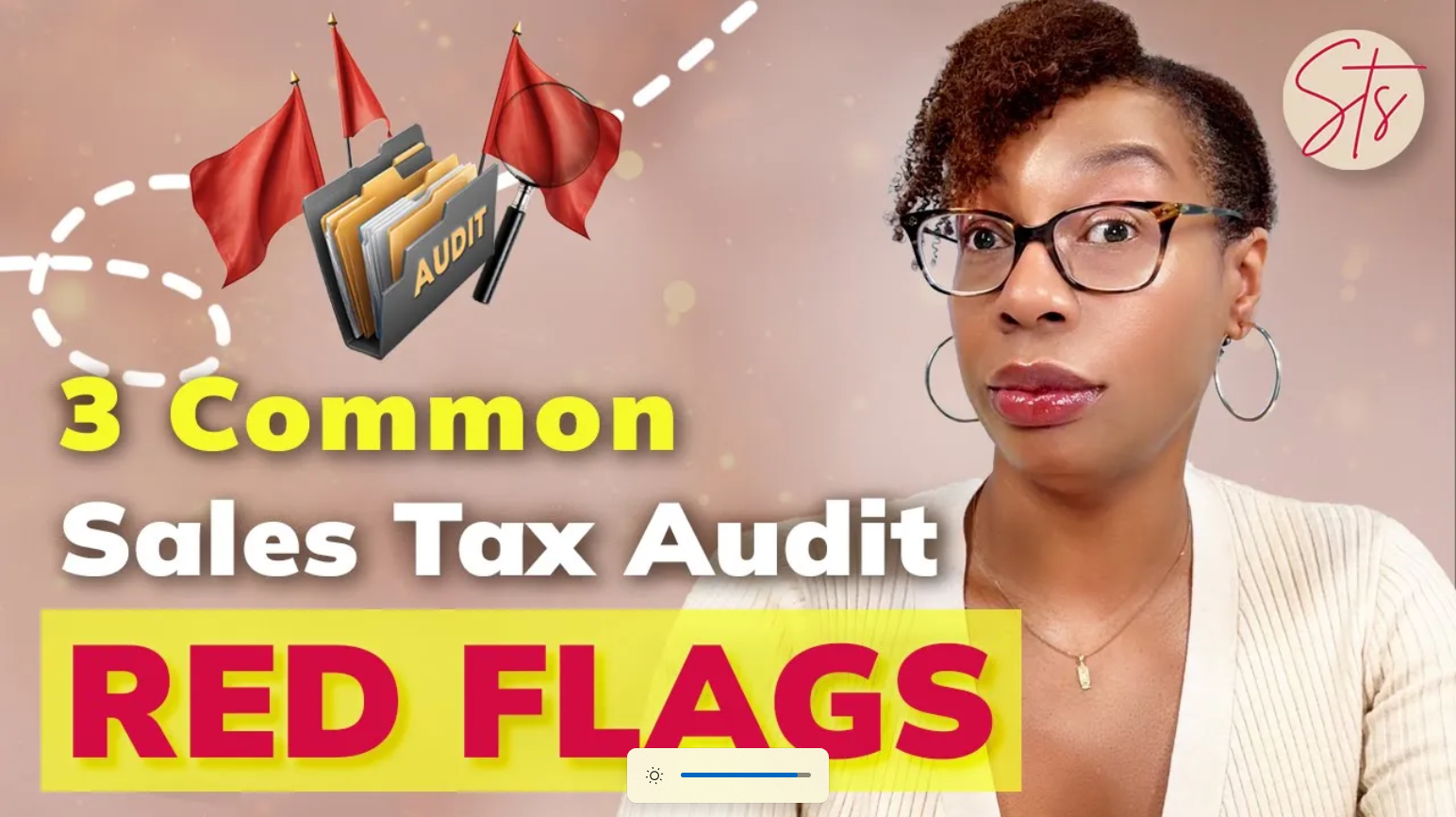


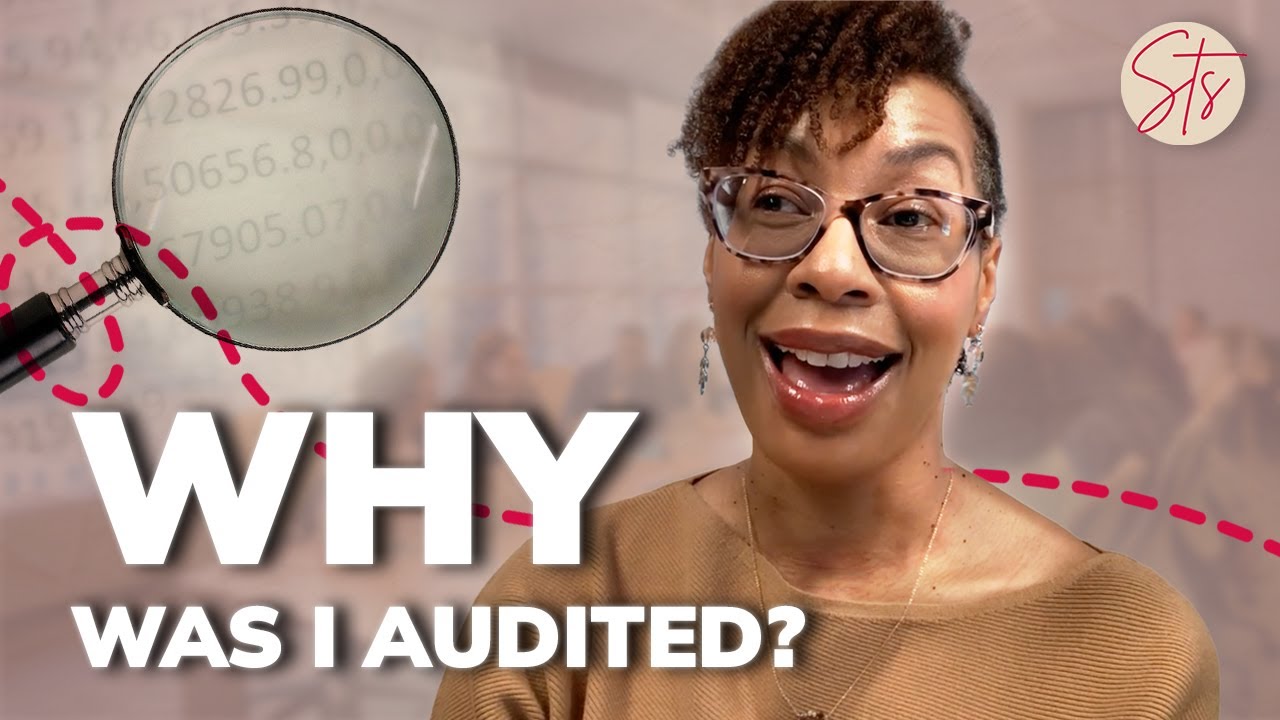


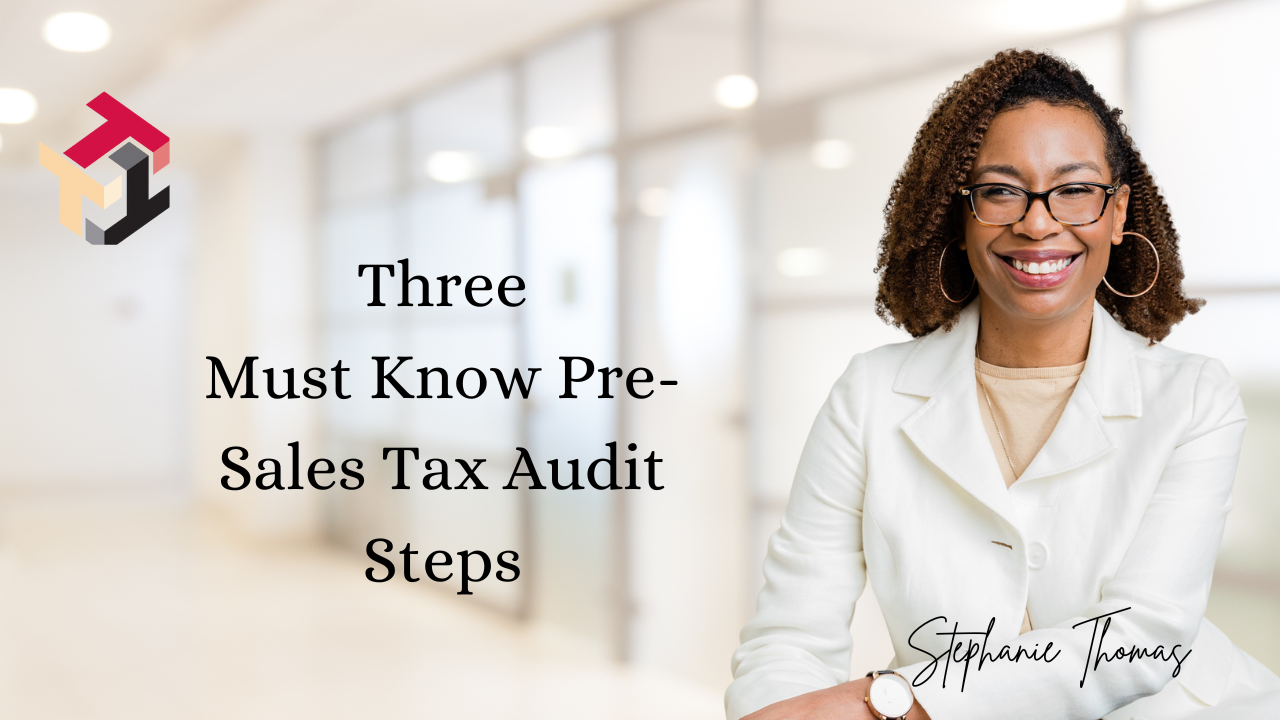

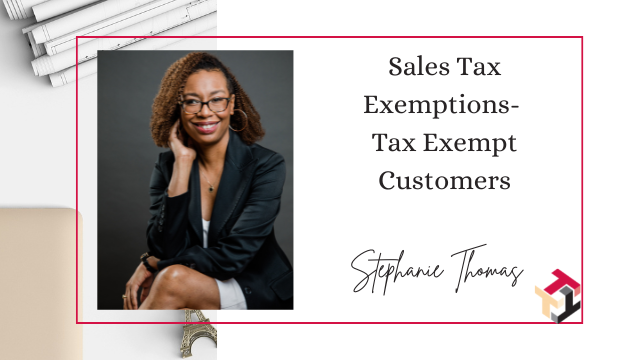
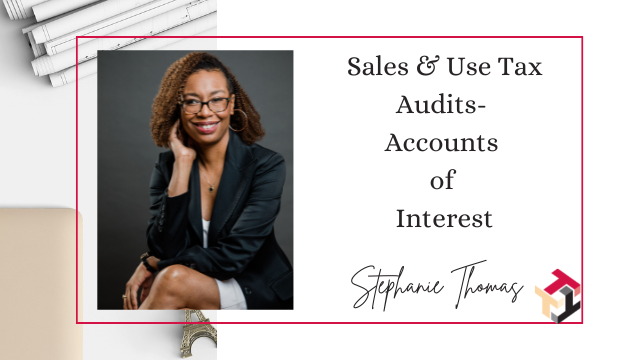

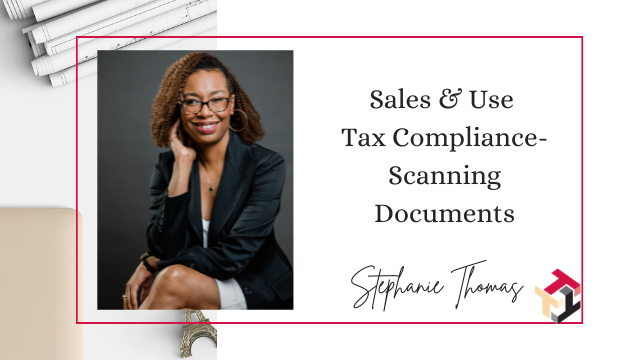
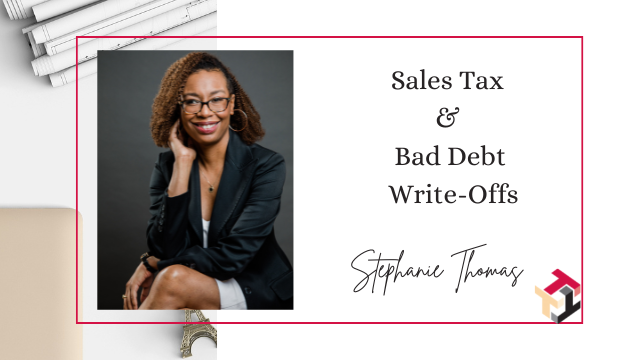

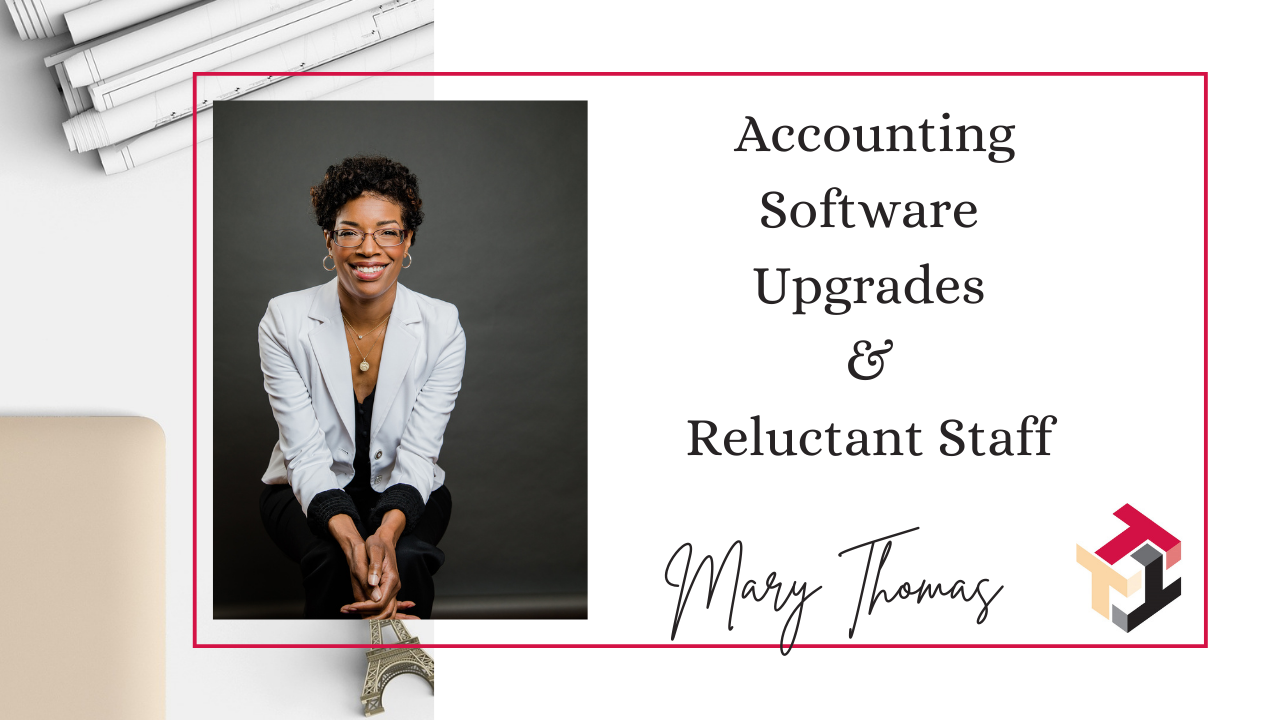

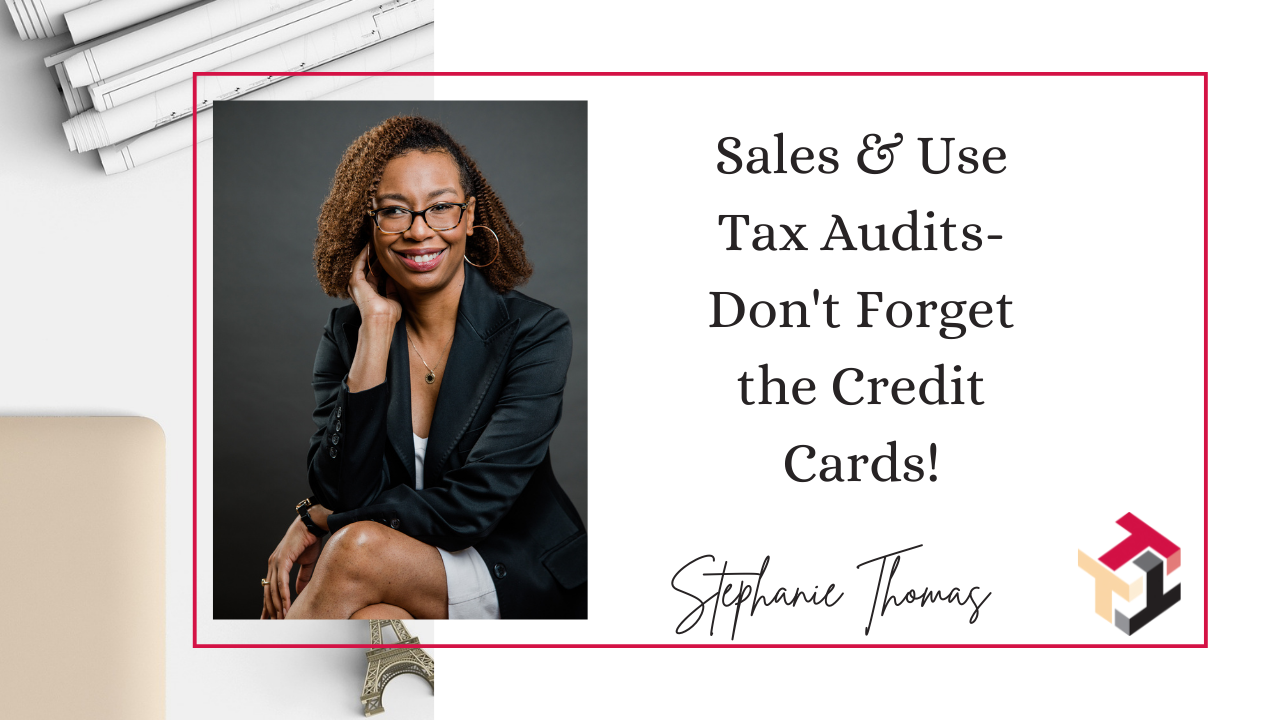
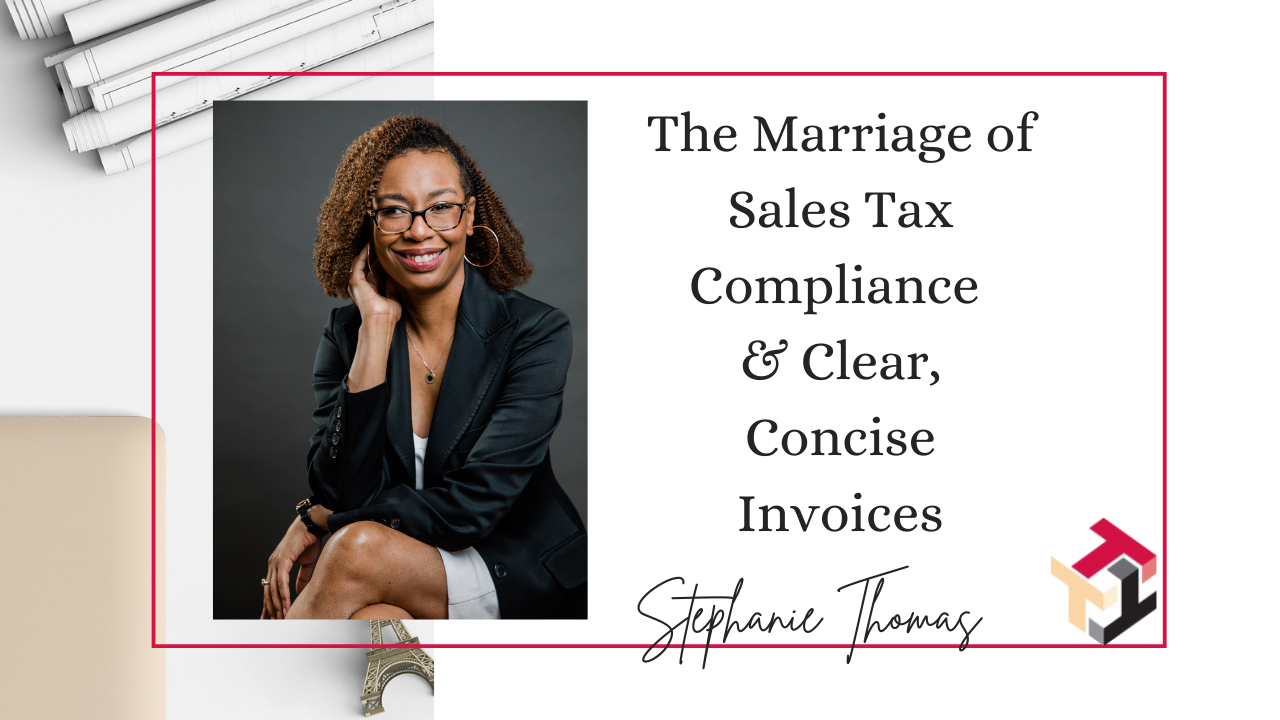
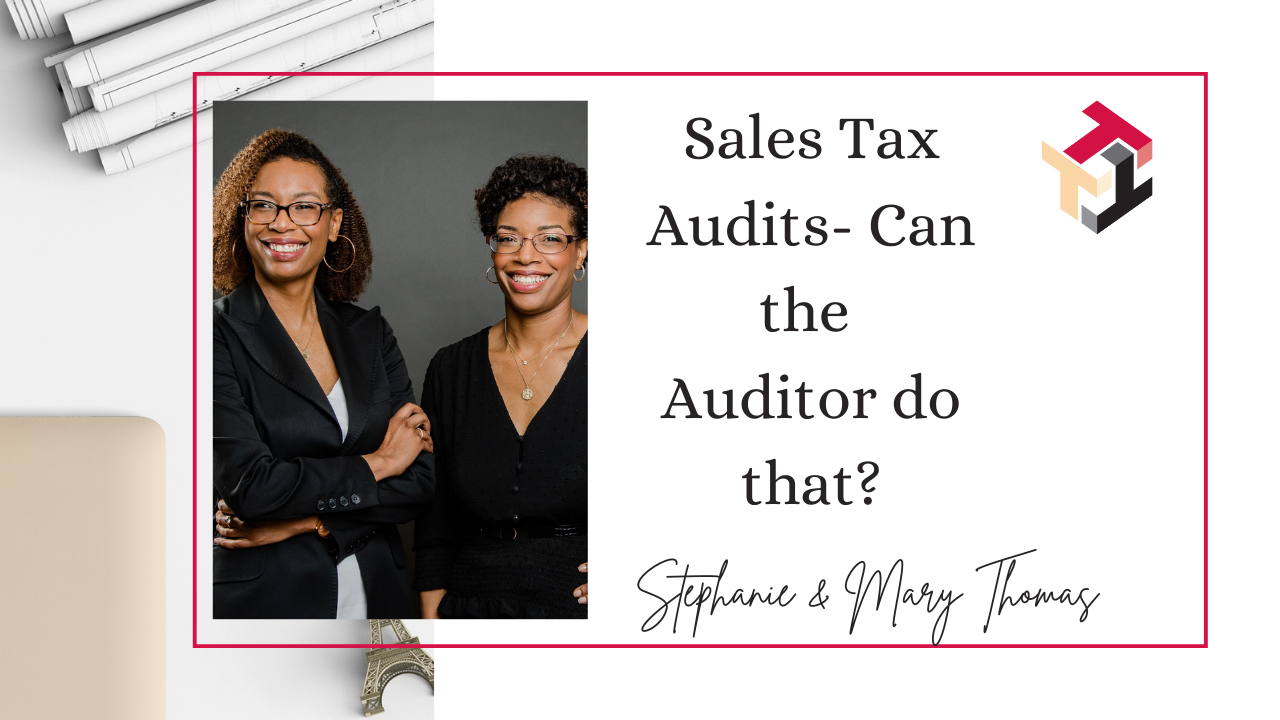


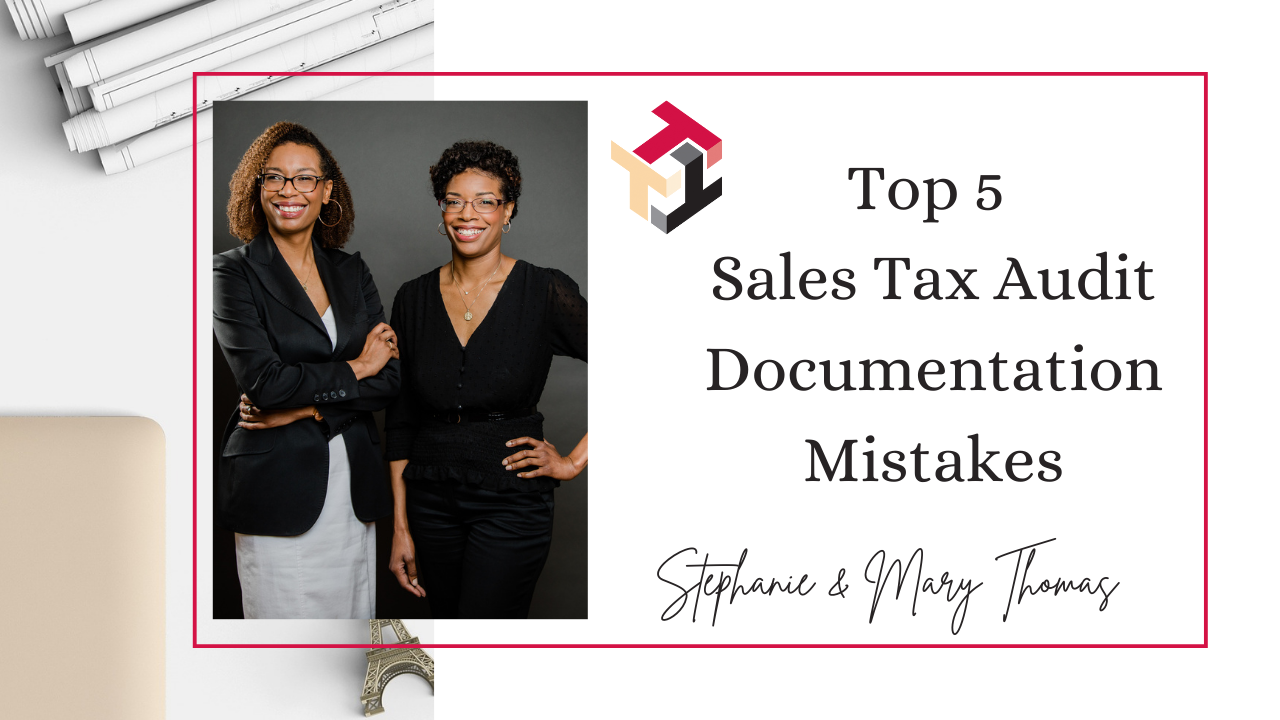

0 Comments